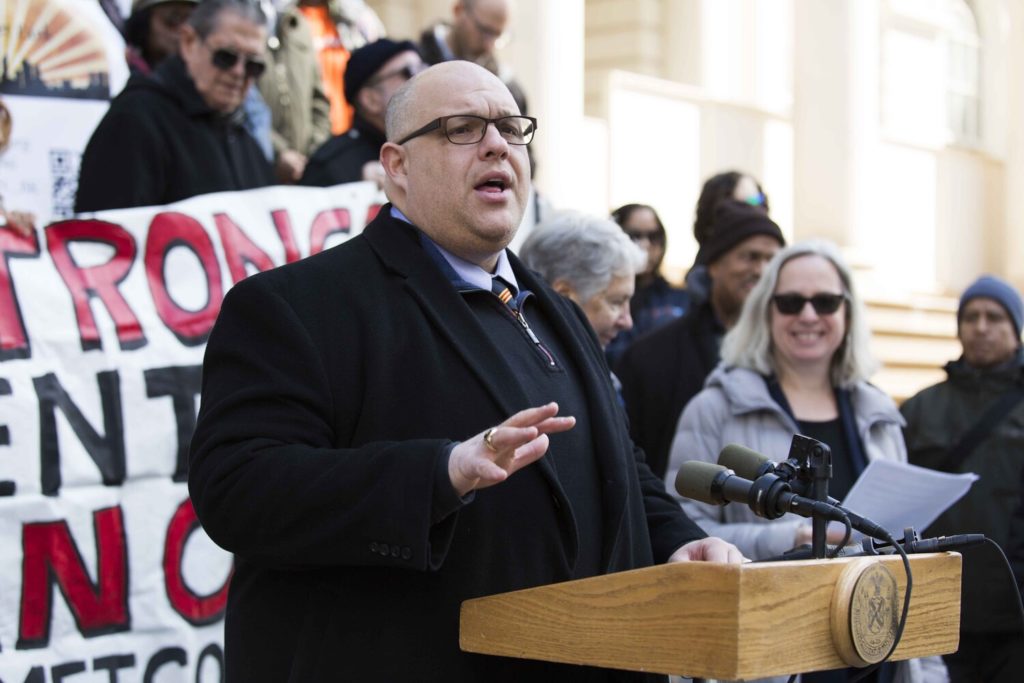Opinions & observations: Astoria power plant proposal undermines NYC’s resiliency goals

 Every thick governmental report and violent natural event right out of a 1970s disaster movie screams that we have to do more than say “Climate Change is real.”
Every thick governmental report and violent natural event right out of a 1970s disaster movie screams that we have to do more than say “Climate Change is real.”
We’ve yelled as much at everyone from Con Edison executives to the former New Yorker unfortunately occupying the White House.
It’s abundantly clear we need shovel-ready projects to make our air cleaner and our shores safer. So it makes no sense that we stand idly by while an energy company seeks to build a new fossil fuel plant in Astoria.

Brooklyn Boro
View MoreNew York City’s most populous borough, Brooklyn, is home to nearly 2.6 million residents. If Brooklyn were an independent city it would be the fourth largest city in the United States. While Brooklyn has become the epitome of ‘cool and hip’ in recent years, for those that were born here, raised families here and improved communities over the years, Brooklyn has never been ‘uncool’.